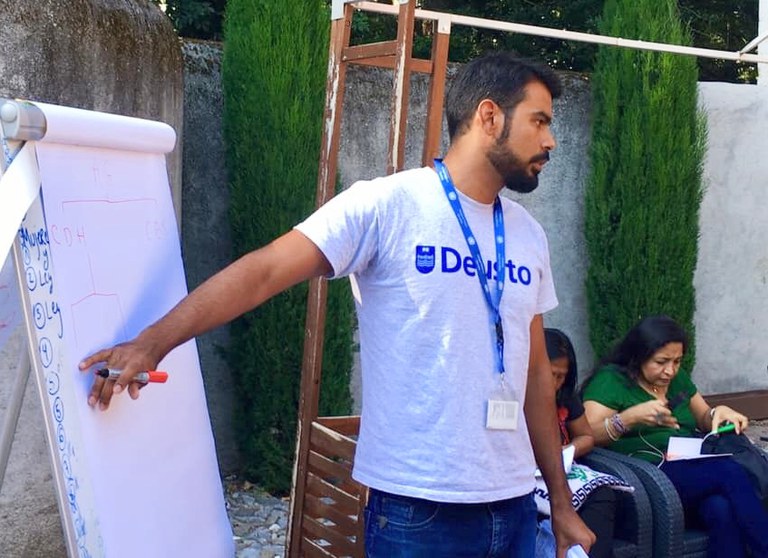UN offers scholarship program for young indigenous and quilombola Brazilians
06 de April de 2023

Priscilla Peixoto – Cenarium Magazine
MANAUS – The United Nations Organization (UNO) is open for registration for the institution’s Indigenous Scholarship Program. The action is intended for indigenous and quilombola representatives from Brazil and aims to expand the knowledge of native and traditional peoples on issues related to human rights. The deadline for registration closes this Friday, April 7th, and those interested must fill out a form
According to information published in the National Foundation of Indigenous Peoples, the training focuses on theoretical tools and will be divided into two stages. The first will be in the Federal District, in Brasilia, and the second at the Office of the United Nations High Commissioner for Human Rights (OHCHR), located in Geneva, Switzerland.
With a focus on theory and advocacy, the program enables participants to learn more effective methods to defend their communities’ rights and to project indigenous agendas worldwide.

About the program
According to the federal government’s website, the selection of participants will be carried out by a team composed of UN Human Rights representatives and representatives from partner institutions. “The selection of the fellows will reflect a gender and regional balance, taking into consideration the overall human rights context and the situation of the indigenous community to which the applicant belongs.”
The first stage of the preparatory training will last between two and three weeks. The second phase will be a month-long visit to Geneva, Switzerland, “where the fellows will participate in relevant sessions on the main human rights mechanisms,” reports Funai.
The UN reinforces that appointments of women and youth, as well as indigenous and quilombola communities are encouraged, and also stresses that “members of LGBTIQA+ communities, of Portuguese-speaking indigenous people, face additional barriers, even in their own communities. According to the organization, “these roles have changed in recent years as threats against their rights to land and natural resources have increased. As an example, a record number of indigenous women ran for the 2022 elections in Brazil.”
(*) With information from UN Human Rights and Funai

